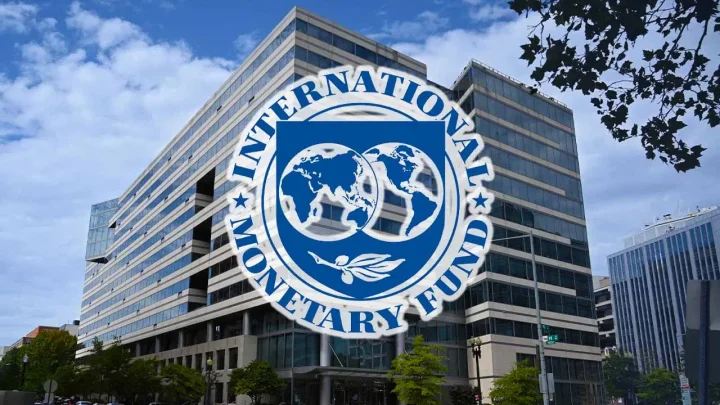
The Presidency, yesterday, faulted the International Monetary Fund, IMF, over what it described as very harsh assessment of Nigeria's economic reforms, inflation and poverty levels.
Recall that the IMF had in its report last week, titled "How Nigeria Can Unleash Its Economic Potential," raised concerns over the country's persistently high inflation rate and slow impact of reforms.
The report read: "Upon taking office in 2023, the new government faced low growth and rising poverty. Between 2014 and 2023, real per capita GDP declined on average by 0.7 per cent annually. In 2023, the poverty rate stood at 42 per cent.
''This difficult situation was compounded by limited access to dollars, which meant that people had to turn to the parallel currency market and thereby pay a much higher price than the official rate. In the meantime, public finances were strained by an opaque fuel subsidy system, which also caused recurrent petrol scarcity. And central bank financing of the fiscal deficit pushed up inflation.
"In response to these challenges, Nigerian policymakers have embarked on a series of bold reforms over the last two years. In 2023 the new government and the Central Bank of Nigeria liberalised the foreign exchange market, stopped central bank financing of the fiscal deficit, and reformed fuel subsidies. The government also strengthened revenue collection, which is still one of the world's weakest.
"Since these reforms were implemented, international reserves have increased, and anyone can now access foreign exchange in the official market. Nigeria successfully returned to international capital markets last December and was recently upgraded by rating agencies. A new domestic, private refinery is positioning Nigeria up the value chain in a fully deregulated market.
"While progress has been encouraging, significant challenges remain. Inflation still exceeds 20 percent. Poor infrastructure, especially for electricity, inhibits economic activity. Poverty and food insecurity remain high. Nigeria lacks an effective social safety net to cushion the impact of shocks on the most vulnerable."
It recommended a more effective budgetary framework and the need to channel savings from fuel subsidy removal into critical investments, while also advising that once Nigeria's cash transfer system was fully functional, tax rates could be aligned with regional benchmarks.
It also asked the Central Bank of Nigeria, CBN, to maintain a firm stance to reduce inflation and restore confidence in the economy, saying the country needs stronger and more sustained growth to lift millions out of poverty and food insecurity.
But reacting to this in an interview on Channels Television's "The Morning Brief" programme yesterday, Special Adviser to President Bola Tinubu on Economic Affairs, Tope Fasua, flayed the BrettonWoods institution for its observations.
He said: "This administration under President Tinubu has done some of the deepest reforms we have seen in a while. We only just got the tax bills signed into law-bills that offer relief to low-income earners and double the tax threshold for small businesses.
"We haven't even allowed those measures to settle, yet we're hearing all sorts of very fatalistic statements from different places, including, unfortunately, the IMF.''
He said the IMF had become overly critical, describing its frequent statements on Nigeria as "heckling" and potentially destabilising.
"Sometimes one wants to think they go into overdrive. Almost every week or every two to three days, there's a statement on Nigeria. At the end of the day, it leaves everyone in a state of confusion," he said.
Fasua disclosed that Nigeria recently repaid $3 billion to the IMF to exit its COVID-19 loan package which, according to him, many other countries have not been able to do.
Wondering why the IMF continues to pile pressures on Nigeria, the presidential aide said: "We're not asking for a pat on the back; we're just saying, you know what, give us a breather. Let us be able to implement the policies we've started. ''They acknowledge that the reforms are good, yet they keep demanding more, and it's almost like being caught between the devil and the deep blue sea.''
He warned that the IMF's statements risked pitching the Nigerian people against the government, saying they lacked nuance and failed to consider the depth of the economic problems inherited.
"Give us a break; let us be able to know where we are going before coming at us at every angle and generally throwing us off track. It's like a house that is completely dilapidated. And we're being asked to provide full comfort in two years after removing the roof and working on the foundation. That's not realistic," Fasua said.
He also pointed out a contradiction in IMF's dual role, noting that its advisory messages were often in conflict with its lending stance.
Fasua stated: "The IMF has both an advisory and a lending arm, and sometimes it looks like their advice clashes with their lending stance. We don't even know which to believe anymore.
"We've done the right things. They say they want more-but the government also has a right to say, 'let us see how what we've done turns out.' Like the president would say, 'let the poor breathe'."
On the cost-of-living crisis and whether the IMF's concerns were valid, the presidential aide said progress had been made in the economy, since the body's recommendations were rolled out.
"They've recommended even more painful reforms. They want us to keep raising interest rates but interest rates are now stabilising. The Central Bank has a view to begin to reduce them gradually," he explained.
On inflation, Fasua said: "They complained inflation is high. Do they expect it to drop to single digits in a quarter? That's unrealistic. Inflation has reduced over the last three months and will likely fall further.
"Whoever wrote that statement is not sounding like an economist because an economist is not a fantasist.
"Sometimes these statements feel overrated. We should invest in collecting our own data and stop depending solely on BrettonWoods institutions. Let's build our own capacity and data credibility."

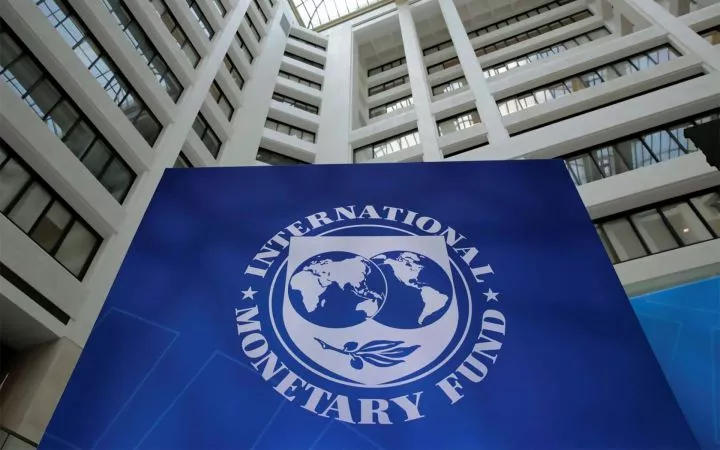
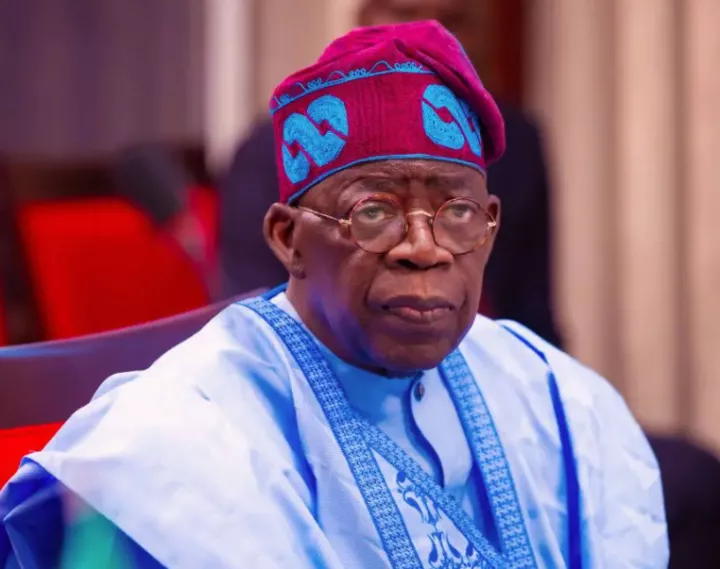
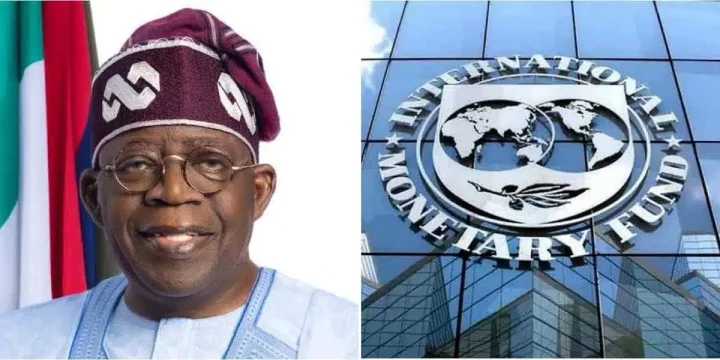
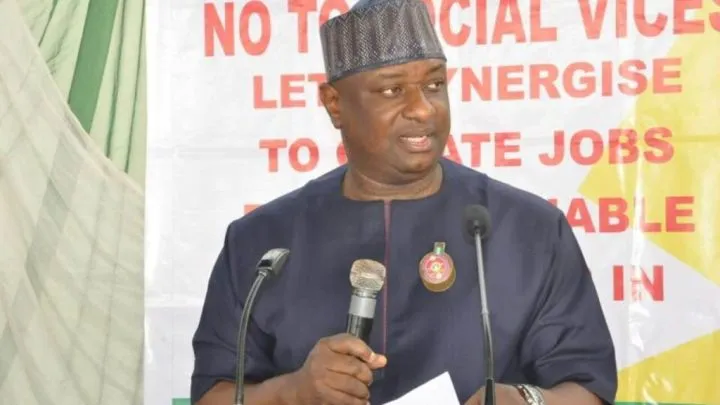

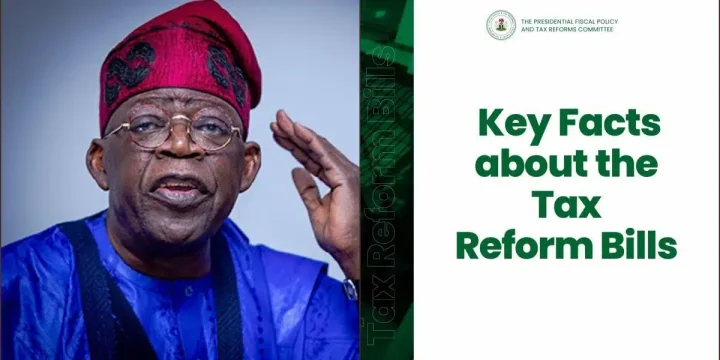

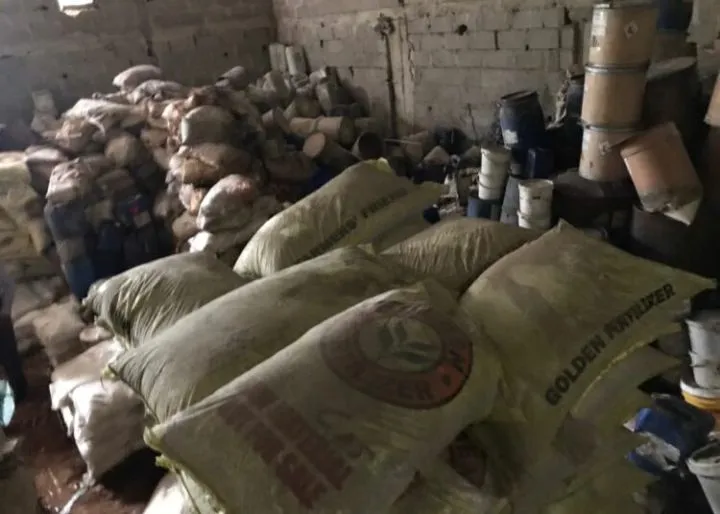







Comments